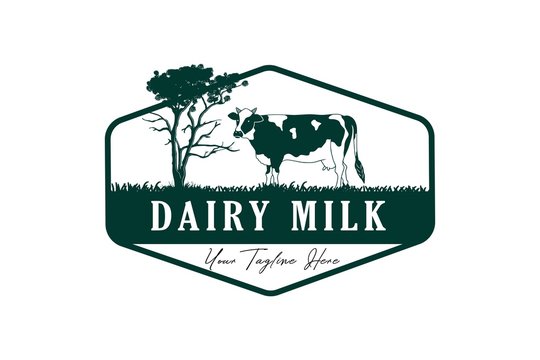Joining a Dairy Farmers Cooperative Society in Kenya offers numerous benefits to smallholder and commercial dairy farmers alike. These cooperatives play a vital role in enhancing milk production, marketing, and overall livelihoods in the dairy sector. Below are the key benefits:
1. Better Market Access and Fair Pricing
- Cooperatives aggregate milk from members, giving them collective bargaining power.
- They negotiate better prices with processors, retailers, and institutions.
- Members often receive more stable and fair prices compared to selling individually to middlemen.
2. Timely and Reliable Milk Payments
- Registered cooperatives usually have structured payment systems.
- Farmers receive payments on scheduled dates (e.g., weekly or monthly), improving cash flow and financial planning.
3. Access to Inputs and Services at Subsidized Rates
- Cooperatives often provide members with affordable access to:
- High-quality animal feeds
- Veterinary drugs and services
- Artificial insemination (AI) services
- Breeding and extension services
4. Capacity Building and Training
- Regular training on:
- Modern dairy farming practices
- Animal nutrition and health
- Record keeping and farm management
- Quality milk handling and hygiene
5. Access to Credit and Financial Services
- Many cooperatives partner with financial institutions or have internal savings and credit schemes (e.g., SACCOs).
- Farmers can access loans for farm improvement, school fees, or emergencies using milk delivery records as collateral.
6. Quality Assurance and Premiums
- Cooperatives often enforce milk quality standards (e.g., testing for butterfat, SNF, and contaminants).
- Farmers producing high-quality milk may earn quality-based premiums.
7. Shared Infrastructure and Resources
- Access to cooperative-owned chilling plants, cooling centers, and transport reduces post-harvest losses.
- Shared equipment (e.g., milking machines, feed mixers) lowers individual investment costs.
8. Collective Voice and Advocacy
- Cooperatives represent farmers’ interests in policy discussions with county/national governments and private sector players.
- They advocate for favorable dairy policies, subsidies, and infrastructure development.
9. Dividends and Profit Sharing
- Surplus profits from cooperative operations (e.g., from milk sales or input shops) are often shared among members as dividends based on their contribution (patronage).
10. Risk Mitigation
- Collective action reduces individual exposure to market fluctuations, input shortages, and exploitation by brokers.
Examples of Prominent Dairy Cooperatives in Kenya:
- New Kenya Cooperative Creameries (NKCC)
- Githunguri Dairy Cooperative Society
- Kagumo Farmers Cooperative Society
- Molo Dairy Cooperative Society
Note: To fully benefit, farmers should ensure the cooperative is well-managed, transparent, and registered with the relevant authorities (e.g., the Commissioner for Cooperatives Development).
By joining a reputable Dairy Farmers Cooperative Society, Kenyan dairy farmers can significantly improve productivity, income stability, and long-term sustainability in the dairy value chain.

